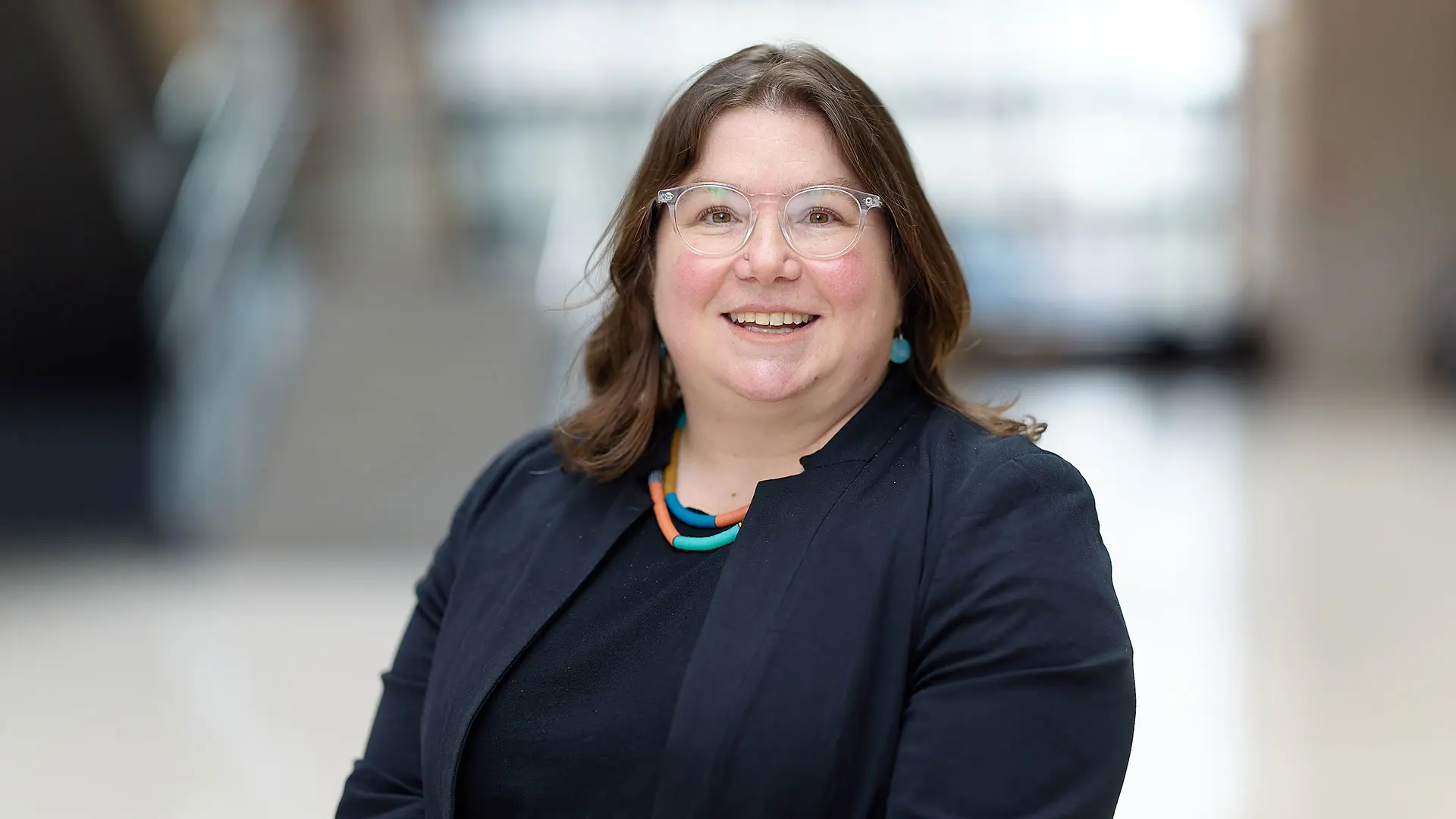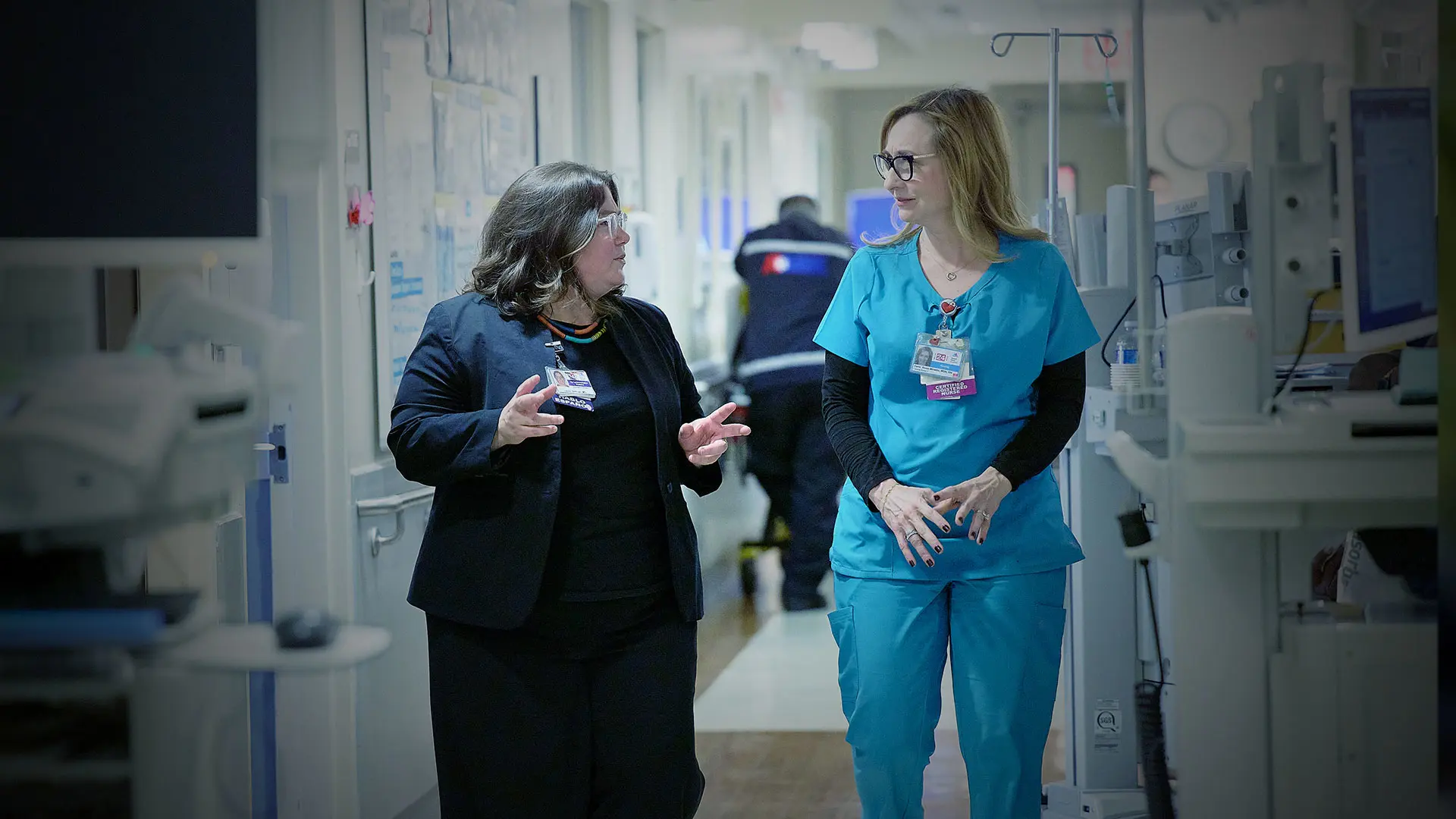As medicine has become more complex and interdisciplinary, there has been an increased focus on using data to guide improvement of quality of care.
One example is the work of Laura P. Gelfman, MD, Professor and Vice Chair, Quality and Clinical Innovation, Brookdale Department of Geriatrics and Palliative Medicine, at the Icahn School of Medicine at Mount Sinai, who oversees an initiative that collects and analyzes data with the goal of improving patient care.
Dr. Gelfman and her team review data from the electronic health records (EHRs) and insurance claims of patients who have received palliative care and palliative care consults across the Mount Sinai Health System. This data are used to create clinical registries, or a collection of standardized, confidential information about a group of patients who share an experience. This may include information about patients’ health, reasons for seeking care, treatments they received, and their clinical course over time. By analyzing these data from patients with similar health issues, clinicians can identify ways to improve patient care.

Laura P. Gelfman, MD, Professor and Vice Chair of Quality and Clinical Innovation, Brookdale Department of Geriatrics and Palliative Medicine, oversees an initiative that collects and analyzes data with the goal of improving patient care.
“We use health data to develop clinical trials to create and to test models of palliative care delivery,” says Dr. Gelfman. “We use EHR information to paint a picture of our patients to determine if we are meeting their needs, and to inform our decisions as we try to ensure we continue doing what we do well, while also identifying opportunities to expand and improve our services.”
Research has shown that expanded palliative care for seriously ill patients results in improved longevity, better patient experience and quality of life, and a reduction in costs for patients and health systems. As a result, Mount Sinai believes that all patients with serious illness should be receiving palliative care.
Analyzing data throughout the Mount Sinai Health System can identify gaps that might not be apparent to staff looking only at the patients in their immediate care.
As an example, when data showed that heart failure patients might benefit from palliative care, a nurse practitioner was embedded into the advanced heart failure team at The Mount Sinai Hospital. This ensured that patients with advanced heart failure who were younger, more independent, and less severely ill received palliative care—the same patients who may be evaluated for heart transplant or devices to support their heart. Without this embedding of a palliative care clinician, these patients may have never accessed palliative care.
As another example, data showed there was a need for better access to palliative care among seriously ill patients in the medical intensive care unit (MICU) at The Mount Sinai Hospital. As a result, patients admitted to the MICU began to be seen by someone from palliative care earlier in their hospital stay and were more likely to have an identified medical decision-maker and preferences for their care documented.
Specific examples such as these are important because when clinicians on the front lines see such evidence of improvement, those in executive and leadership positions recognize the benefits of palliative care and request it for more of their patients, according to Dr. Gelfman.
In addition, analyzing data can go a long way in dispelling myths and building awareness about palliative care, not just among patients and their caregivers but, in many cases, among clinicians, as well. Patients may decline palliative care if they mistakenly believe it is only for terminally ill patients who require hospice care and that they will no longer receive life-extending treatment.
They often need to understand that palliative care is not only for the terminally ill, and that it can lead to a longer and better quality of life through better symptom management and discussions that ensure patients’ goals for care aligning with the treatment they are receiving. Palliative care clinicians are trained to focus in this area, whereas often oncologists or cardiologists are trained in treating the disease.
“Data demonstrating the benefits of palliative care build better awareness for both patients and doctors who, having seen the benefits, now request palliative care for all their patients,” says Dr. Gelfman.
